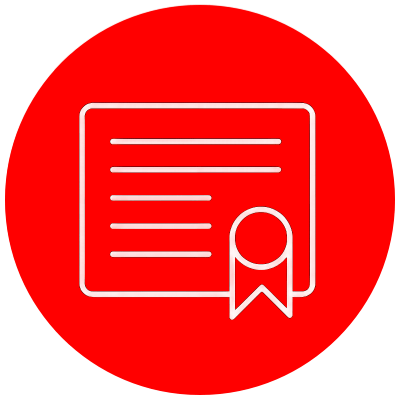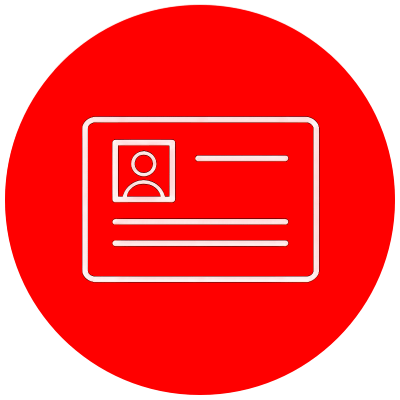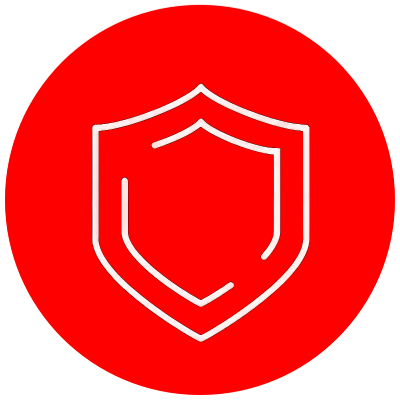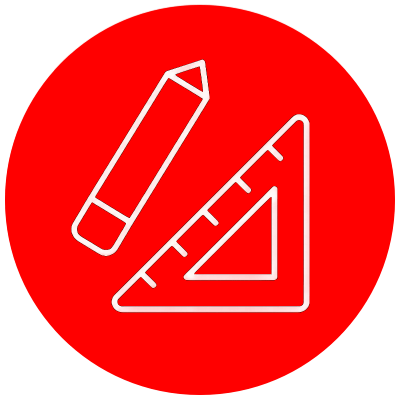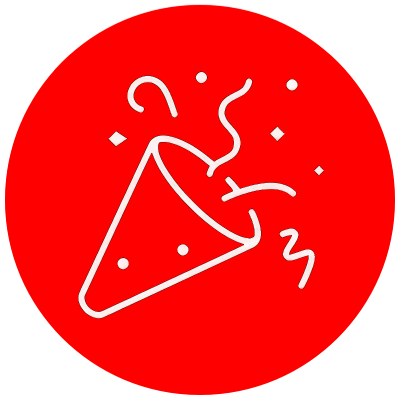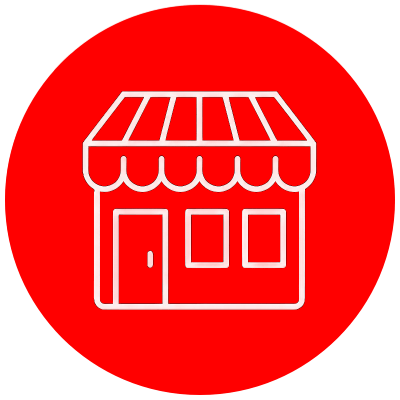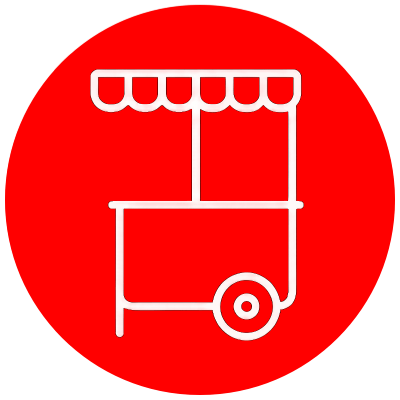What is the Flavored Tobacco Prohibition Amendment Act of 2021?
The Flavored Tobacco Prohibition Amendment Act of 2021 (DC Law 24-25) (the “Ban”) makes the sale, offering for sale, distribution, and purchase of flavored tobacco illegal throughout the District. The Ban also restricts the sale of electronic smoking devices by prohibiting their sale, offering for sale, distribution, and purchase within ¼ mile of any middle school or high school in the District. The Ban became effective on October 1, 2022.
What is the flavored tobacco part of the Ban?
The Ban prohibits the sale, offering for sale, distribution, and purchase of tobacco products that impart a characterizing flavor other than tobacco. This includes flavors such as menthol, candy, alcoholic beverages (including stout and cognac), and more. Flavored tobacco components are also prohibited by the Ban, which include but are not limited to flavored rolling papers and filters. The Ban also applies to online sales in the District. See D.C. Official Code § 7-1721.08.
What is a “tobacco product”?
District law defines tobacco products as consumable tobacco or synthesized nicotine products, including but not limited to cigarettes, cigars, pipe tobacco, snuff and chewing tobacco. If it is made with tobacco and meant to be consumed, then it is a tobacco product under District law. A tobacco product also includes the components or accessories used in consuming tobacco. This includes but is not limited to rolling papers, pipes and filters. If the rolling paper or other accessory is intended to impart flavor, then it is banned under District law. See D.C. Official Code § 7-1721.01(2A).
What constitutes a “characterizing flavor”?
A characterizing flavor has “a distinguishable taste or aroma other than tobacco.” See D.C. Official Code § 7-1721.01(1). Examples of characterizing flavors include but are not limited to advertised flavors such as vanilla, candy, dessert, cognac or other alcoholic beverages, menthols and mint. It also includes flavors that are not advertised as flavored but still have a distinguishable taste or smell other than tobacco. District law states that “a tobacco product is presumed to be flavored if a manufacturer or any of the manufacturer's agents or employees, in the course of their agency or employment, has: made a public statement or claim directed to the public regarding a characterizing flavor; used text or images on the tobacco product's packaging to explicitly or implicitly indicate that the tobacco product imparts a characterizing flavor; or taken action directed to consumers that would be reasonably expected to cause consumers to believe that the tobacco product imparts a characterizing flavor.” See D.C. Official Code § 7-1721.08(b).
What types of flavored tobacco products are prohibited?
As stated above, flavored tobacco products are those, including flavored nicotine or synthetic nicotine products for consumption via electronic smoking device, that impart a characterizing flavor. See D.C. Official Code § 7-1721.01(1). The following list provides some but not all examples of products that are considered to be flavored tobacco products: Banned Flavored Tobacco Products List.
What is the electronic smoking device part of the Ban?
D.C. Official Code § 7-1721.08(a)(2) bans the sale of electronic smoking devices within a ¼ mile of any middle or high school
What is an “electronic smoking device”?
An “electronic smoking device” means any product, including one composed of a heating element, battery, or electronic circuit, that contains or delivers nicotine or any other substance intended for human consumption that can be used by a person to simulate smoking through inhalation of vapor or aerosol from the product. The term electronic smoking device” includes “vapes,” “vape pens,” “e-cigarettes,” “e-cigars,” “e-hookahs,” or any product with the function described in the preceding sentence, regardless of what it is called. See D.C. Official Code §§ 7-1721.01(1A) and 7-741.01(1).
What is an “electronic smoking device”?
An “electronic smoking device” means any product, including one composed of a heating element, battery, or electronic circuit, that contains or delivers nicotine or any other substance intended for human consumption that can be used by a person to simulate smoking through inhalation of vapor or aerosol from the product. The term electronic smoking device” includes “vapes,” “vape pens,” “e-cigarettes,” “e-cigars,” “e-hookahs,” or any product with the function described in the preceding sentence, regardless of what it is called. See D.C. Official Code §§ 7-1721.01(1A) and 7-741.01(1)
How do I know whether a business is within a ¼ mile of a middle or high school?
The distance from a school is determined from the closest point between the school grounds and the property containing the retail space. To determine whether a business is within a ¼ mile of a middle school or high school, please visit the DLCP E-Cigarette Enforcement Map.
What types of middle and high schools qualify under the Ban?
Schools with combined campuses qualify if any student attending school at that location is enrolled in any grade from grade 6 through 12. District of Columbia Public Schools, District of Columbia Charter Schools, and private schools all qualify.
What are the consequences for a business that violates the Ban on flavored tobacco products and/or the sale of electronic smoking devices within a ¼ mile of a middle school or high school?
Businesses can face steep fines (issued through what’s called a Notice of Infraction) and even revocation of their license to sell tobacco products. In February 2023, DLCP published what is known as an Administrative Issuance which spells out the consequences for businesses that violate the Ban.
Notice of Infraction
DLCP will issue a Notice of Infraction (NOI) for violations of the Ban. A violation for the first offense carries a fine of $2,500. The second offense carries a fine of $5,000. The third offense carries a fine of $10,000. Any subsequent offense after the third offense carries a fine of $10,000. See D.C. Official Code § 7-1721.07(4)(B) and DLCP’s Administrative Issuance published on February 17, 2023.
The sale of flavored tobacco products and the sale of an electronic smoking devices within a ¼ mile of a middle or high school are considered separate violations and carry separate fines. See D.C. Official Code §§ 7-1721.08(a)(1) and 7-1721.08(a)(2). For example, if violations of both are found for the first time as a part of the same DLCP inspection, this will be cited as a first offense and each violation shall be charged separately in the NOI and carry a fine of $2,500 per violation. In this scenario, the total fine in the NOI would amount to $5,000.
Any subsequent violation, regardless of whether the business was originally cited for the sale of flavored tobacco products and/or the sale of an electronic smoking devices within a ¼ mile of a middle or high school, shall be considered a subsequent offense and carry a higher fine amount for each violation. Subsequent offenses may be cited by DLCP in a new NOI even if a prior offense has not yet been adjudicated by the Office of Administrative Hearings (OAH).
Suspension and/or Revocation of License to Sell Tobacco Products
Pursuant to D.C. Official Code § 7–1721.08(c)(1), a license to sell tobacco products “may be suspended, after a hearing, for a first or second violation” of the Ban. Therefore, if a business is found liable of the NOI at OAH for a first or second violation, the tobacco license is subject to suspension by DLCP. Please note that any admission of liability, either through payment of the full fine at OAH or settlement of the NOI, also acts as a finding of liability that can lead to suspension/revocation. The Ban further provides that a license to sell tobacco products “shall be revoked, after a hearing, for a third or subsequent violation.” See D.C. Official Code § 7–1721.08(c)(2). After a finding of liability for the third violation DLCP shall move to revoke the ability of the business to sell any tobacco products.
Suspension and/or Revocation of Basic Business License
Continued violations of this Ban may also result in the suspension or revocation of a business’s basic business license. Pursuant to D.C. Official Code § 47-2844, DLCP is authorized and empowered to suspend or revoke any license when “such is deemed desirable in the interest of public decency or the protection of lives, limbs, health, comfort, and quite of the citizens of the District of Columbia, or for any other reasons the Mayor may deem sufficient.”
Are hookah bars subject to the Flavored Tobacco Ban?
Yes; however, there is a very limited exception—if a hookah bar was lawfully in operation prior to September 30, 2021, and received an Exempt Certificate from DC Health prior to that date, then the sale for on-site consumption of flavored tobacco products intended to be used with a hookah shall be permitted at the hookah bar. See D.C. Official Code § 7-1721.08(e)(1). Hookah establishments that do not have an exemption to the flavored tobacco prohibition must nonetheless have an exemption from DC Health to sell unflavored hookah. DC Health has a list of establishments that may sell flavored tobacco and those that may sell unflavored hookah, available here.
Who should I contact if I believe a business or person is in violation of the Ban?
If you suspect an individual or business is violating the Ban, please file a complaint with DLCP via this link.
